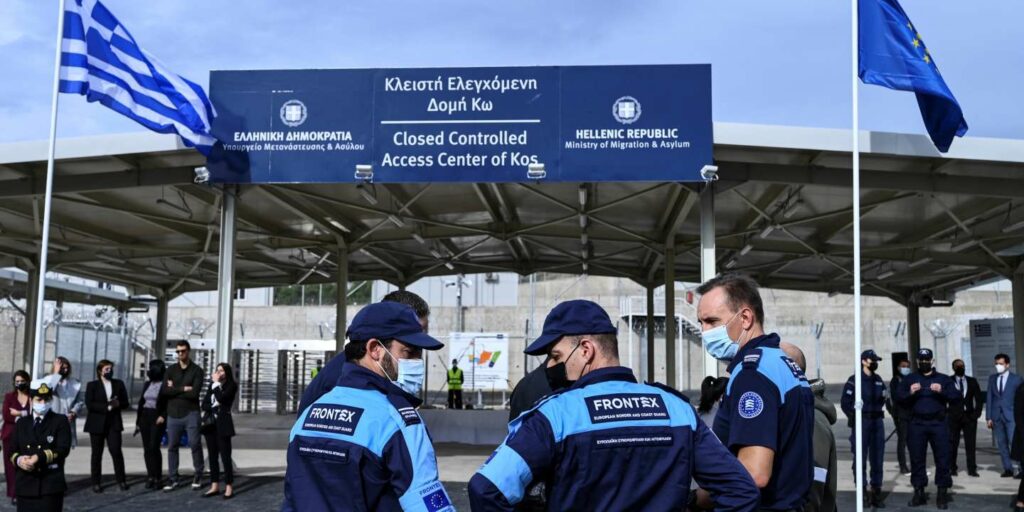Tturn the page, without further weakening the institution. The resignation on Thursday 28 April of Frenchman Fabrice Leggeri from the executive management of Frontex comes in a delicate context for the European Border and Coast Guard Agency. While his board of directors was examining the conclusions of the report by the European Anti-Fraud Office (OLAF) questioning the functioning of Frontex, Mr. Leggeri preferred to draw the consequences before possible sanctions were imposed.
The director’s position has continued to weaken in recent months. The recurrent revelations by the media and non-governmental organizations on the illegal deportation of migrants at the external borders of the European Union (EU) and on the management methods within the agency made the situation untenable.
The OLAF report comes on top of a very critical audit by the European Court of Auditors from June 2021 claiming that Frontex still does not adequately support member states in their management of the EU’s external borders. Not to mention the grumbling of MEPs from the Parliament’s Budgetary Control Committee, who three months earlier had refused to validate the agency’s accounts because of « violations of fundamental rights ».
Since his appointment to this post in 2015, Brussels and Paris have always supported the senior official from the ranks of the French interior ministry. His resignation is not only a snub for the Commission and France, but also a belated reminder that the good governance of European institutions is a central issue.
Frontex is, by its size, the most important European agency with a staff of 700 people and a budget of 544 million euros in 2021. It should benefit, by 2027, from an available contingent of more 10,000 operational staff and 900 million budget. Its exponential development since 2015 to deal with irregular immigration – in particular with armed agents – must continue with exemplary transparency. This seems to have been neglected under Mr. Leggeri. It is, however, an essential prerequisite for ensuring the confidence of EU citizens, especially on such a sensitive subject.
Two goals
In a letter addressed to his teams, Mr. Leggeri made his resignation and the accusations against him the symptom of a political debate that would not be settled. He criticizes the European Commission for wanting to make Frontex “a kind of fundamental rights body responsible for monitoring what member states are doing”while he defends the idea of an operational border guard agency in a context where more and more Member States are tempted to erect physical fences at their borders and that neighboring States of the EU are using migration pressure as a weapon.
The agency’s board of directors considers that the two objectives are by no means incompatible. Making the EU as watertight as possible, without trampling on the fundamental right of persecuted people to be able to ask for protection and refuge there, remains indeed a challenge. The principle of non-refoulement of persons at risk of persecution is nevertheless an integral part of the right to asylum, enshrined in the 1951 Geneva Convention on Refugees and the European Convention on Human Rights. It is not up to the director of Frontex to free himself from a principle which is at the heart of the values upheld by the EU.

